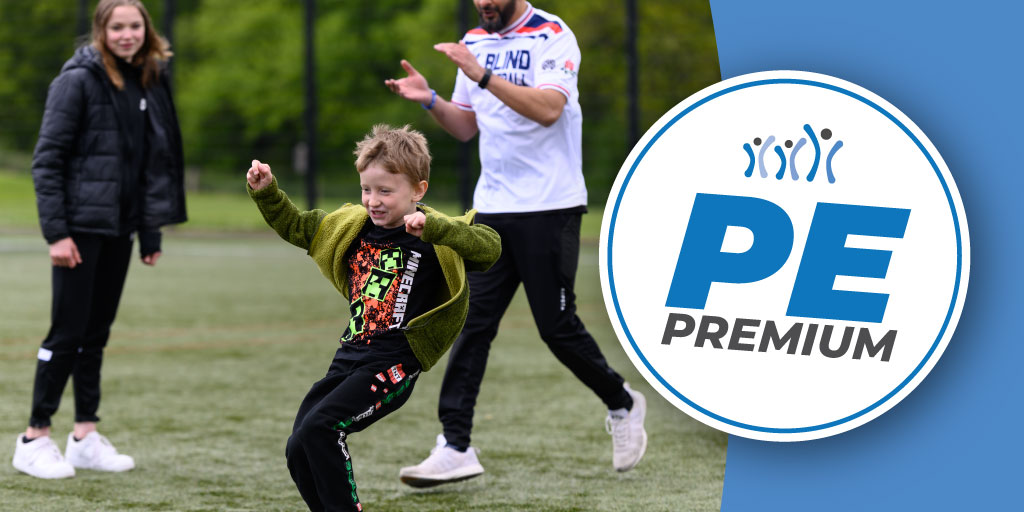Last month saw the announcement of confirmed funding for PE and sport in schools. The PE Premium, a £320m fund, has been confirmed for primary school physical activity programmes. The announcement includes £57m worth of investment for the Open Schools Fund, which will open sports facilities outside of school hours.
This comes as Youth Sport Trust research showed that more than 70% of schools would be unable to afford their current provisions without confirmed funding. There has also been a call by the government to raise the minimum hours of PE to 2 hours a week.
In addition to these new guidelines, there will also be increased support for the School Games Organiser Network to encourage intra-school sport. £22m has been committed for a further two years of competitive school sports, bringing 2.2m participation opportunities for children and 28,000 school sports events.
The guidelines for 2022/23 are aimed at strengthening the current provisions with a greater focus on disadvantaged children. There are three main goals for creating a multi-faceted provision:
- Ensuring high-quality teaching
- Showcasing targeted academic support
- Meeting the wider educational aims of your school
All schools should develop professional upskilling programmes for teachers that improve their confidence and knowledge of physical activity. This includes mentorship and coaching or programmes of activity in cover time that allow teaching staff to undertake National Professional Qualifications (NPQs).
Creating environments that increase academic support for pupils through physical activity is important. This can include smaller group or one-to-one tuition as well as support for academic targets or interventions that support pupils’ social, emotional, and behavioural needs.
Strategies specific to a school’s aims should improve, for example, attendance, academic attainment, enrichment and support for parents, such as extra-curricular provisions or extended school time or summer schools.
Monitoring of these objectives throughout the implementation of any programmes based on these three tiers is essential. The guidelines put significant stress on disadvantaged, SEND and looked-after pupils, which means all schools should aim to produce interventions and programmes designed to support these groups.
You can find the payment schedule for the next two academic years here.



